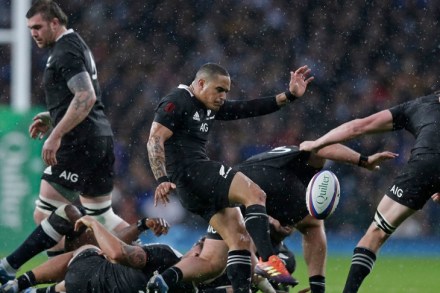The world at his feet
How much is Jadon Sancho worth? Fifty million? A hundred million? As the speculation mounts, the numbers keep growing. Jadon is the star player for Borussia Dortmund, one of Germany’s leading football teams. He’s already won his first England cap — and he’s still only 18. If you know anything about football, you already know about Jadon. If you don’t know anything about football, you’ll know about him soon enough. He’s the kind of player who comes along only once in a decade — a Glenn Hoddle, a Paul Gascoigne, a Ryan Giggs, a Gareth Bale. He’s the most gifted British footballer of his generation. And from when he was




















